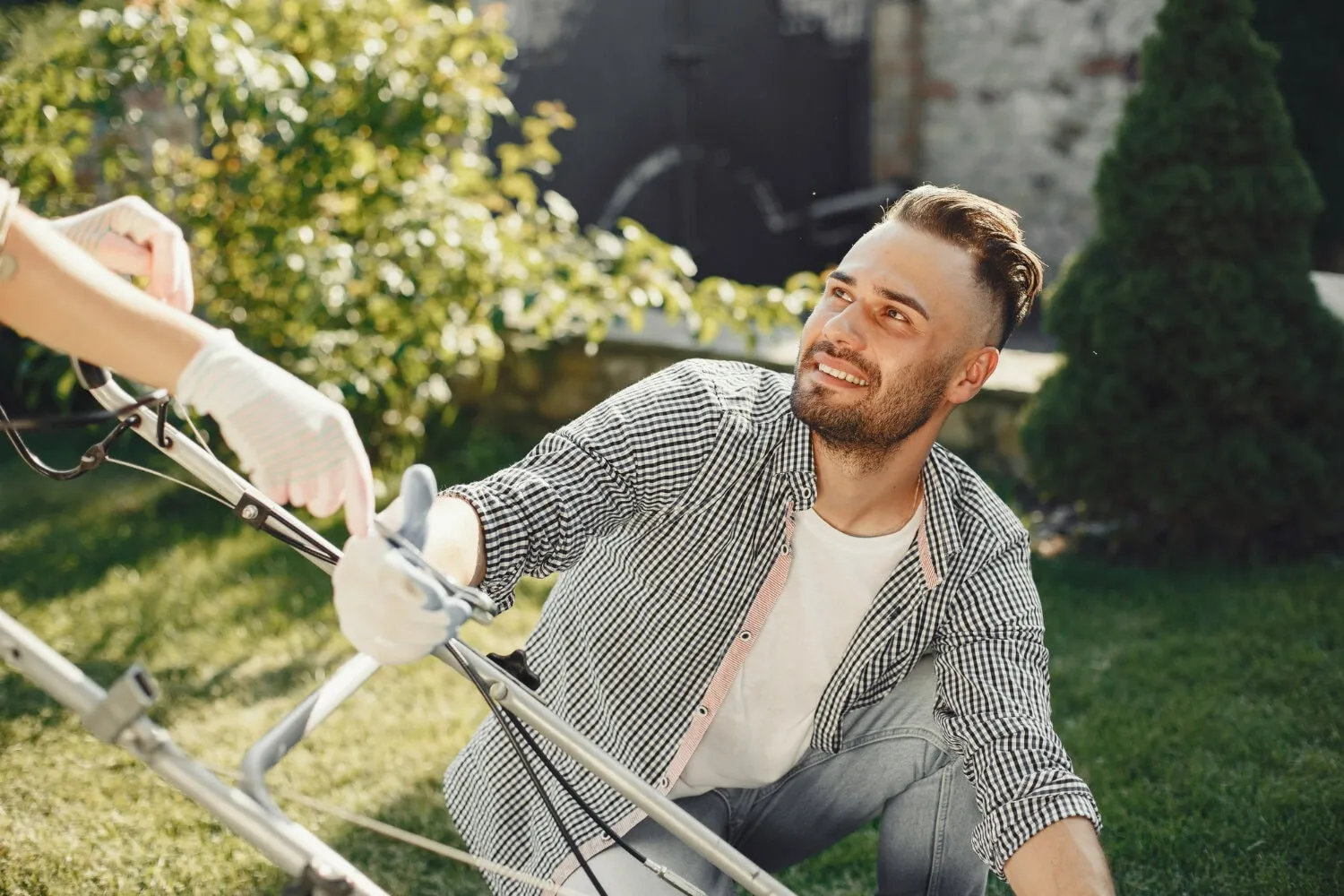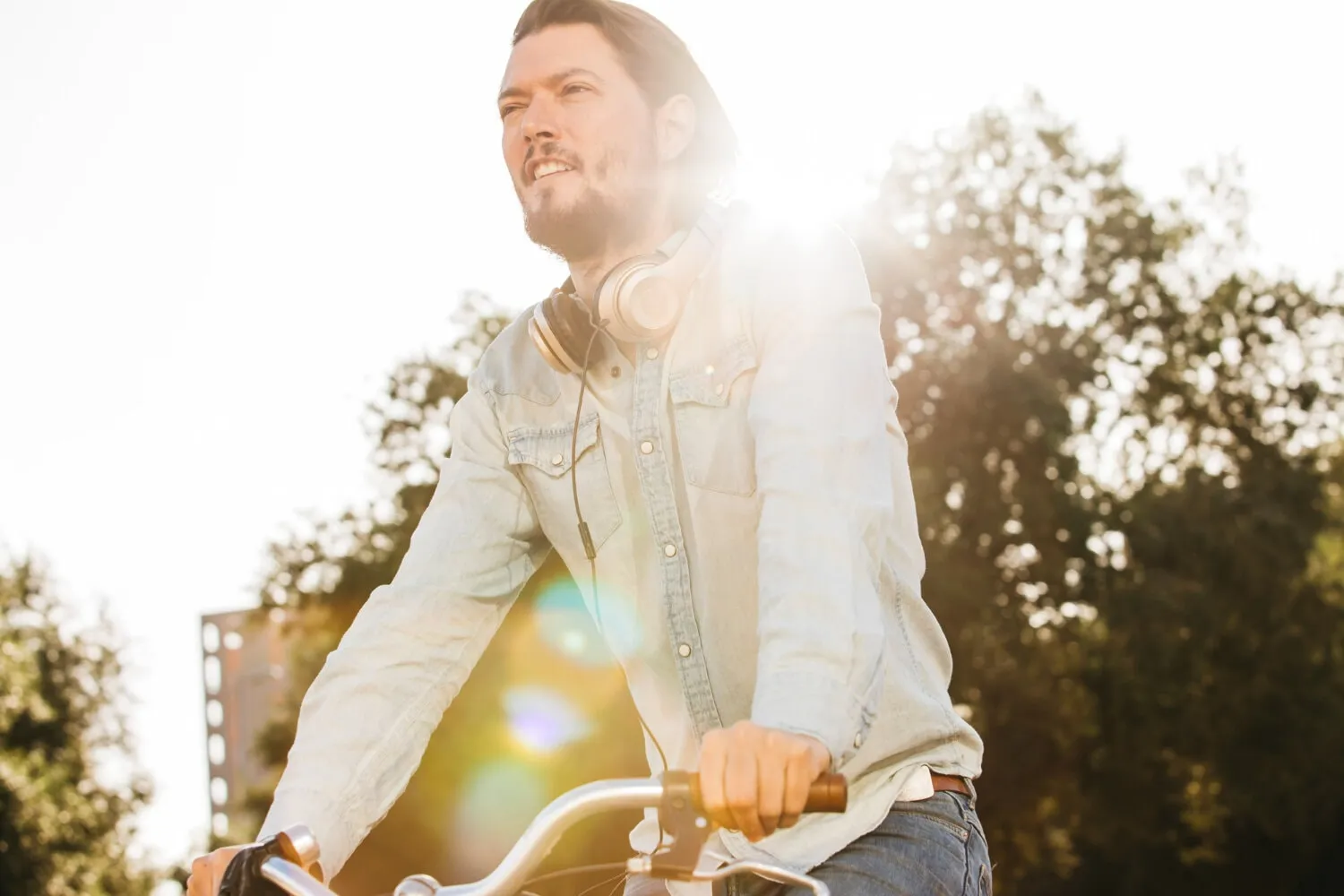
Cannabis is the most commonly used federally illegal drug in the U.S., with about 52.5 million people reporting use in 2021. As weed becomes more accepted and accessible, more people are starting to ask themselves tough questions about their habits. That’s where weed rehabilitation matters.
Managing cannabis use isn’t always easy. What starts off as a way to relax, focus, or sleep can slowly become something you rely on just to get through the day. You might notice your motivation slipping, your mood shifting, or that you're skipping out on responsibilities or relationships. For some, the line between casual use and dependence gets blurry, and that can take a toll on your everyday life.
In this blog, you’ll learn what weed rehabilitation actually involves, why someone might consider it, and how to tell if it’s the right step for you. Whether you’re just curious or starting to think seriously about change, this guide will help you get some clarity.

Not all cannabis use is the same. And knowing where you stand can help you make more informed choices. For many, weed is something used occasionally to relax or socialize. That’s considered recreational use. But when use starts to feel less like a choice and more like a need, it might be edging into dependence.
So, what’s the difference? Recreational use is typically occasional, doesn’t interfere with daily responsibilities, and doesn’t cause distress if you skip it. Dependence, on the other hand, can show up as needing more to feel the same effects, using even when you don’t want to, or noticing it’s affecting your work, school, relationships, or mental health.
Here are a few signs that might indicate your cannabis use is becoming a problem:
If any of this feels familiar, it might be time to look into a weed rehabilitation center. And this brings us to the next section: What is weed rehab in the first place?
Weed rehabilitation is a structured approach to helping individuals regain control over their cannabis use when it starts to negatively impact their lives. It’s all about understanding why you use, learning healthier coping strategies, and building a more balanced lifestyle.
So, what does weed rehab actually involve? Services can vary depending on your needs, but here’s what’s typically included:
One-on-one or group counseling helps you explore the emotional or psychological reasons behind your use. Therapists can guide you through building new habits and addressing any underlying issues like anxiety, depression, or trauma.
You'll learn how cannabis affects your brain and body, what triggers cravings, and how to manage them. This part is crucial if you're figuring out how to rehabilitate yourself from weed and want to understand the science behind your habits.
Whether through peer groups, counselors, or family involvement, rehab provides a network of people who get what you're going through. This kind of support is a game-changer when you're trying to make long-term changes.
There are also different levels of care to fit your lifestyle and the severity of your dependence:

Choosing to seek help through weed rehabilitation can feel like a big step, but it comes with real and lasting benefits. Whether you want to quit, cut back, or simply get a better understanding of your habits, rehab can provide the tools and support you need to move forward.
Weed rehabilitation helps you uncover the reasons behind your use. You’ll learn to recognize patterns, triggers, and how cannabis may be affecting your mood, focus, or relationships. With this insight, you can make more informed decisions about your health and lifestyle.
Having consistent guidance can make a huge difference. A rehab program gives you a supportive environment with access to professionals, group sessions, and a clear plan. Whether you choose inpatient care, outpatient support, or an intensive outpatient program, having a structure in place helps you stay on track and feel less overwhelmed.
Weed rehabilitation is not just about stopping cannabis use. It’s about creating a lifestyle that supports your mental, emotional, and physical well-being. You’ll develop new coping strategies, build healthier routines, and improve areas of your life that may have been affected by weed use.

If you’re starting to search for a weed rehabilitation center near me, it’s important to find a place that fits your needs, goals, and lifestyle. Not all rehab centers are the same, so here are a few key factors to consider when making your decision:
Now, if you’re not ready to commit to a formal rehab program, you might be wondering if it’s possible to make changes on your own. While self-guided recovery can work for some people, it does take focus, support, and patience. Here are a few steps you can take if you want to try managing your cannabis use on your own:
That said, self-help isn’t always enough. If you’ve tried to cut back or quit and keep slipping back into old patterns, it might be time to reach out for professional help. A supportive, structured environment can give you the tools and accountability needed to make lasting change.

Struggling with cannabis use is more common than you might think, and recognizing the signs is the first step toward change. Whether you're noticing a growing dependence or just want to regain balance, weed rehabilitation can offer the clarity, support, and structure you need. From therapy and education to personalized care plans, there’s real help out there.
If you're ready to take that next step, Atlas Treatment Center is here to guide you. Reach out today and find the support you deserve on your path to recovery.

Author
Emmy is a content specialist dedicated to helping brands boost their online presence and reputation through tailored, well-researched copy. With expertise across diverse niches—including mental health—she crafts messages that resonate with target audiences.


.webp)
Don't let addiction define your future. We're ready to support you every step of the way. Reach out to us for a free, confidential assessment.

